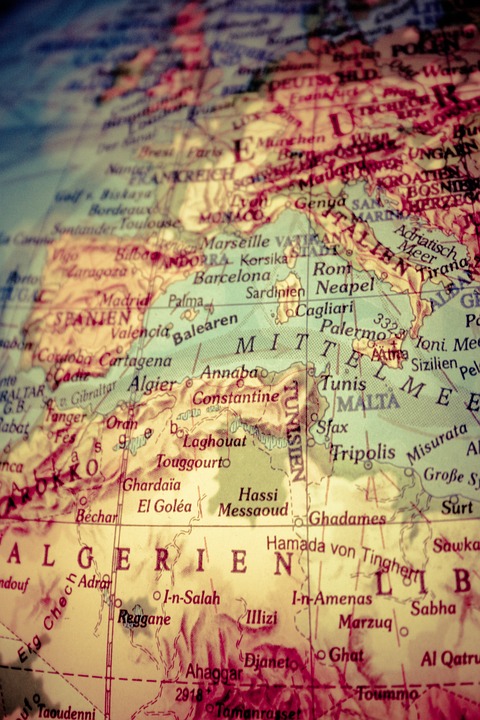The Influence of Global Media Coverage on Policy Making
Global media coverage plays a crucial role in shaping public opinion and influencing policy making worldwide. With the rise of digital media and social networking platforms, news and information are now disseminated faster and to a wider audience than ever before. This rapid and extensive coverage of events, issues, and developments around the world has led to a fundamental shift in how policymakers and politicians approach decision-making and governance.
Media as the Fourth Estate
In democratic societies, the media is often referred to as the “fourth estate” – a vital pillar of checks and balances to the three branches of government. This concept underscores the important role that the media plays in keeping the public informed, holding leaders accountable, and ensuring transparency in governance. Global media coverage allows citizens to access information from around the world, enabling them to form opinions, make decisions, and hold their governments accountable for their actions.
The media serves as a watchdog, investigating and reporting on government activities, corruption, human rights abuses, and other issues that impact society. By shining a spotlight on these issues, the media can push policymakers to take action, change policies, and address underlying problems. For example, international media coverage of the refugee crisis in Europe put pressure on governments to provide humanitarian aid, accept refugees, and implement policies to address the root causes of forced migration.
Agenda Setting and Framing
Global media coverage also plays a significant role in shaping public discourse and influencing policy agendas. The media has the power to set the agenda by highlighting certain issues, events, and narratives over others. By focusing on specific topics and framing them in a particular way, the media can shape public opinion and influence policy priorities.
For example, media coverage of climate change has brought attention to the urgency of addressing environmental issues and has pushed governments to implement policies to reduce greenhouse gas emissions, promote renewable energy, and protect the environment. Similarly, coverage of social justice movements, such as Black Lives Matter, has raised awareness about racial inequality and police brutality, leading to calls for police reform and social justice initiatives.
Public Opinion and Policy Making
Global media coverage can also shape public opinion, which in turn influences policy making. When the media covers a particular issue extensively and presents it in a certain light, it can sway public opinion and create pressure for policymakers to take action. For example, media coverage of gun violence in the United States has mobilized public support for gun control measures, leading to legislative proposals and policy changes at the local, state, and federal levels.
Policymakers are often responsive to public opinion, as they rely on public support to stay in power and implement their agenda. Global media coverage can amplify public sentiment, mobilize advocacy groups, and galvanize public opinion around specific policy proposals. By highlighting human rights abuses, political corruption, environmental disasters, and other pressing issues, the media can generate public outrage and demand for action.
Challenges and Concerns
While global media coverage can have a positive impact on policy making, there are also challenges and concerns associated with media influence. One major concern is the potential for media bias, misinformation, and manipulation. In an era of fake news, social media echo chambers, and political polarization, the media can distort facts, spread disinformation, and reinforce partisan narratives.
Another challenge is the concentration of media ownership and the dominance of a few major corporations in the global media landscape. This can lead to limited diversity of viewpoints, lack of independent reporting, and conflicts of interest that may undermine the credibility and objectivity of the media. Furthermore, the digital revolution has disrupted traditional journalism models, leading to layoffs, budget cuts, and a decline in investigative reporting.
Conclusion
In conclusion, global media coverage has a profound impact on policy making by shaping public opinion, setting the agenda, and influencing government decision-making. The media serves as a watchdog, holding leaders accountable, and informing the public about critical issues that affect society. By highlighting human rights abuses, environmental crises, political corruption, and social injustices, the media can push policymakers to take action, change policies, and improve governance.
However, there are also challenges and concerns associated with media influence, such as bias, misinformation, media concentration, and declining journalism standards. As we navigate the complexities of the digital age, it is essential for policymakers, journalists, and citizens to critically evaluate media coverage, seek out diverse sources of information, and hold the media accountable for its role in shaping public discourse and policy making. Only by promoting transparency, truth, and diversity in media coverage can we ensure that global media coverage continues to serve as a force for good in the world.



